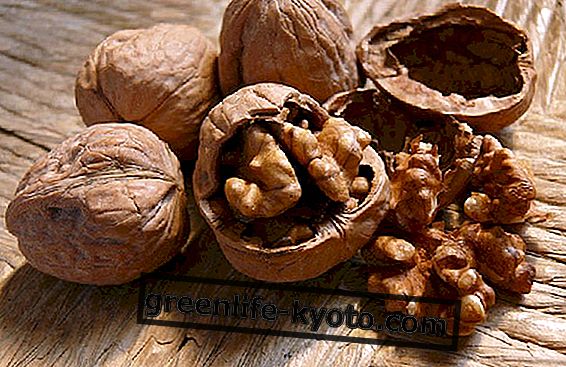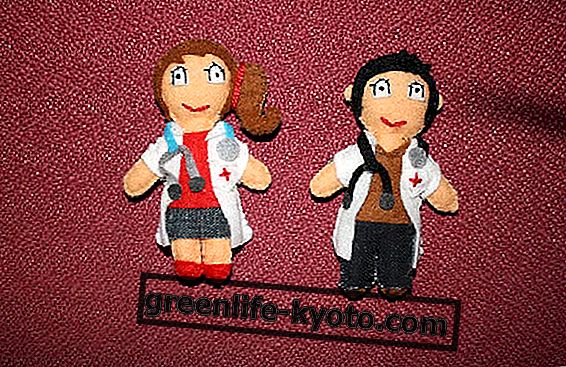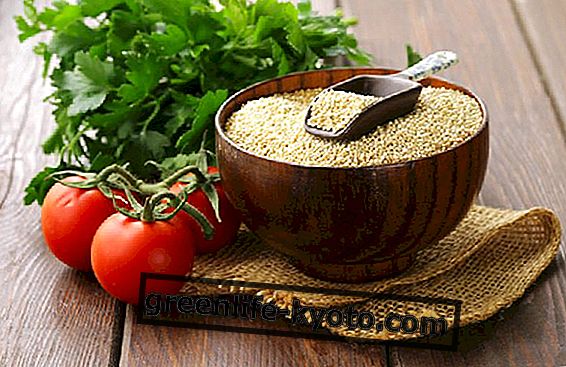
Magnesium plays an important role in numerous physiological reactions : it participates in the metabolism of carbohydrates, proteins and lipids; intervenes in the mechanisms of blood coagulation; contributes to enzymatic activities and these are just some of its functions.
Role of magnesium and daily needs
The body of an adult contains about 25 g of magnesium : more than half is found in the bones, about a quarter is in the muscles, the rest is instead distributed in the blood and in the internal organs, especially in the heart, kidneys, liver and digestive tract .
Every day a quantity of magnesium equal to about 6 mg per kilo of body should be taken . So, for example, a woman who weighs 60 pounds should take more or less 360 mg. During pregnancy the daily magnesium requirement increases; therefore it becomes even more important to know and consume an adequate quantity of foods with magnesium.
Foods with magnesium
The foods richest in magnesium are:
- Dried fruit (almonds, walnuts, etc.);
- Whole grains;
- Legumes;
- Cocoa and chocolate, better if dark;
- Chestnuts;
- Seafood and shellfish.
Given the nature of foods with magnesium, the best opportunity to take it through the diet is breakfast . For example, you can start the day with a cup of milk and cocoa along with a serving of whole grains and a couple of nuts or toasted almonds.
Dried fruit is also excellent as a mid-morning or mid-afternoon snack and can also be a solution to enrich your snack with nutrients for your children to take to school; we must not exaggerate with the quantity, however, because these are very caloric foods.
Magnesium supplementation
When consuming foods with magnesium is not enough to satisfy one's needs and there is a lack of magnesium, integration can be used. Magnesium can be administered orally in the form of sachets, capsules, tablets, vials or injected intramuscularly or intravenously. Its action can interfere with that of some drugs, in particular with tetracyclines, so it is always advisable to seek the advice of a doctor before using supplements, also to make sure that they are really necessary.
Magnesium supplements are generally well tolerated, but when taken in excessive doses they can cause diarrhea; they are contraindicated in case of serious renal failure.













